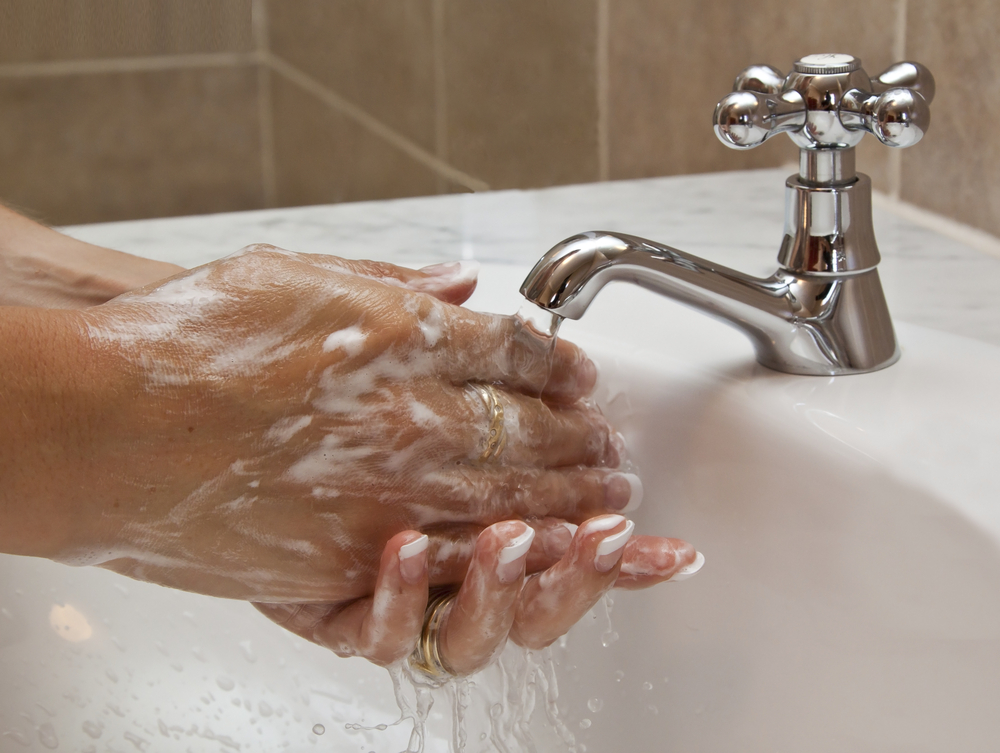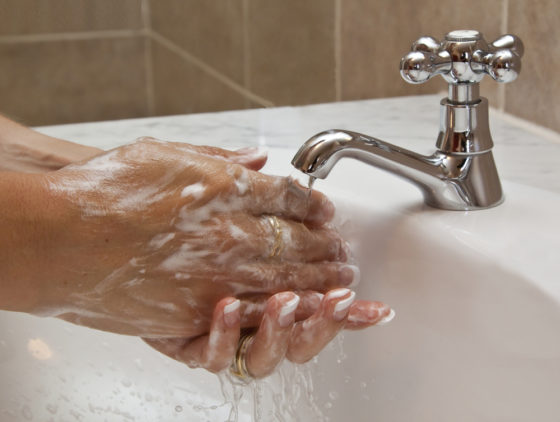Coronavirus in the Netherlands: what you need to know, update August 19


The number of coronavirus cases in the Netherlands has been rising steadily for the past few weeks, hitting over 4,000 in the week to August 18. The government has brought in some new measures to try and stem the spread. Here is a round-up of what you need to know.
Basic hygiene rules remain in force – wash your hands frequently, avoid busy places and stay home if you have symptoms.
If you have symptoms of coronavirus, you should stay home and contact your local health board for a test via 0800-1202.
The 1.5 metre social distancing rule remains the norm for adults, but in places where this is impossible, like on public transport, non-medical face masks should be worn. Masks are also compulsory in busy parts of Amsterdam and Rotterdam.
The main changes from August 18:
Guests at home
The government is ‘strongly advising’ people to limit the number of guests they receive at home to six, excluding children under the age of 13. This includes indoor and outdoor spaces. Guests should also be asked whether they have any symptoms and the 1.5 metre rule should be observed.
Large groups
Parties, drinks and other events involving large groups of people should preferably be held in hospitality venues where there is more space and guests have an allocated seat, can register their contact details and guests must confirm they have no symptoms. Venues are being asked to enforce the regulations and monitoring will also be stepped up.
Self-quarantining
If you have travelled to a region that has an orange travel advisory notice due to coronavirus, or if you have been in contact with someone who has tested positive, you should self-quarantine. The quarantine period has been reduced from 14 days to 10 days. The government is looking into ways to make the quarantine period enforceable by law.
Amsterdam
Enforcement in the hospitality sector is to be tightened up and cafes, and bars will be shut for 14 days if they re-offend after one warning. If the situation in Amsterdam does not improve, mayor Femke Halsema is considering bringing in a curfew and urging tourists and other visitors to stay away.
Face masks have been introduced in five busy parts of Amsterdam, including the red light district, as an ‘experiment’ to see if their use encourages social distancing. They are also in use in parts of Rotterdam.
Work
Working from home remains the norm, despite suggestions that this could be relaxed from September.
The government has a string of measures to help companies and the self employed deal with the financial fall-out. Find out more about these here. If you are losing your job because of the crisis, check out your rights here.
Schools
Schools have begun opening again, and there are no social distancing requirements between pupils, whatever their age. However, some schools are requiring older pupils to wear masks in corridors because of the lack of space. Older pupils should also keep their distance from teachers. Schools are also being urged to make sure that they have proper ventilation.
Children with even mild symptoms, and children in families where someone has tested positive for the virus, should stay home until they have been given the all clear.
Travel and holidays
The Dutch government has recently added several more countries, as well as parts of France and Spain, to its orange advisory list, meaning all but essential travel should be avoided. You can check the latest travel advice here. Please note, the English version of this information is not up to date at the time of writing.
People returning from an orange zone are being offered a free coronavirus test at Schiphol airport and are urged to go into quarantine for 10 days, or until they have the all clear. Travel to most countries outside the EU is still not recommended apart from in an emergency.
New measures announced on August 6:
Universities
Freshers’ week activities are to be held online as much as possible and physical meetings are only permitted to introduce a sport or an educational programme. Universities have said they expect some 30% of classes to take place on location and priority will be given to first-years.
Cafes, restaurants and amusement parks
Cafes, bars and restaurants must use a reservation system and register the contact details of all guests so they can be traced in case of an outbreak. If there is an outbreak, the local authorities must close the cafe, cinema, museum or amusement park for 14 days.
All locations must ensure social distancing and cafes and bars must ensure all guests are seated, including outdoors.
Local powers
Local public safety boards have been given the power to introduce localised measures. These include the right to impose curfews on cafes and night shops, the introduction of face masks, the closure of shopping centres and parks, the power to ban on large events and an the right to scale up policing.
Thank you for donating to DutchNews.nl.
We could not provide the Dutch News service, and keep it free of charge, without the generous support of our readers. Your donations allow us to report on issues you tell us matter, and provide you with a summary of the most important Dutch news each day.
Make a donation